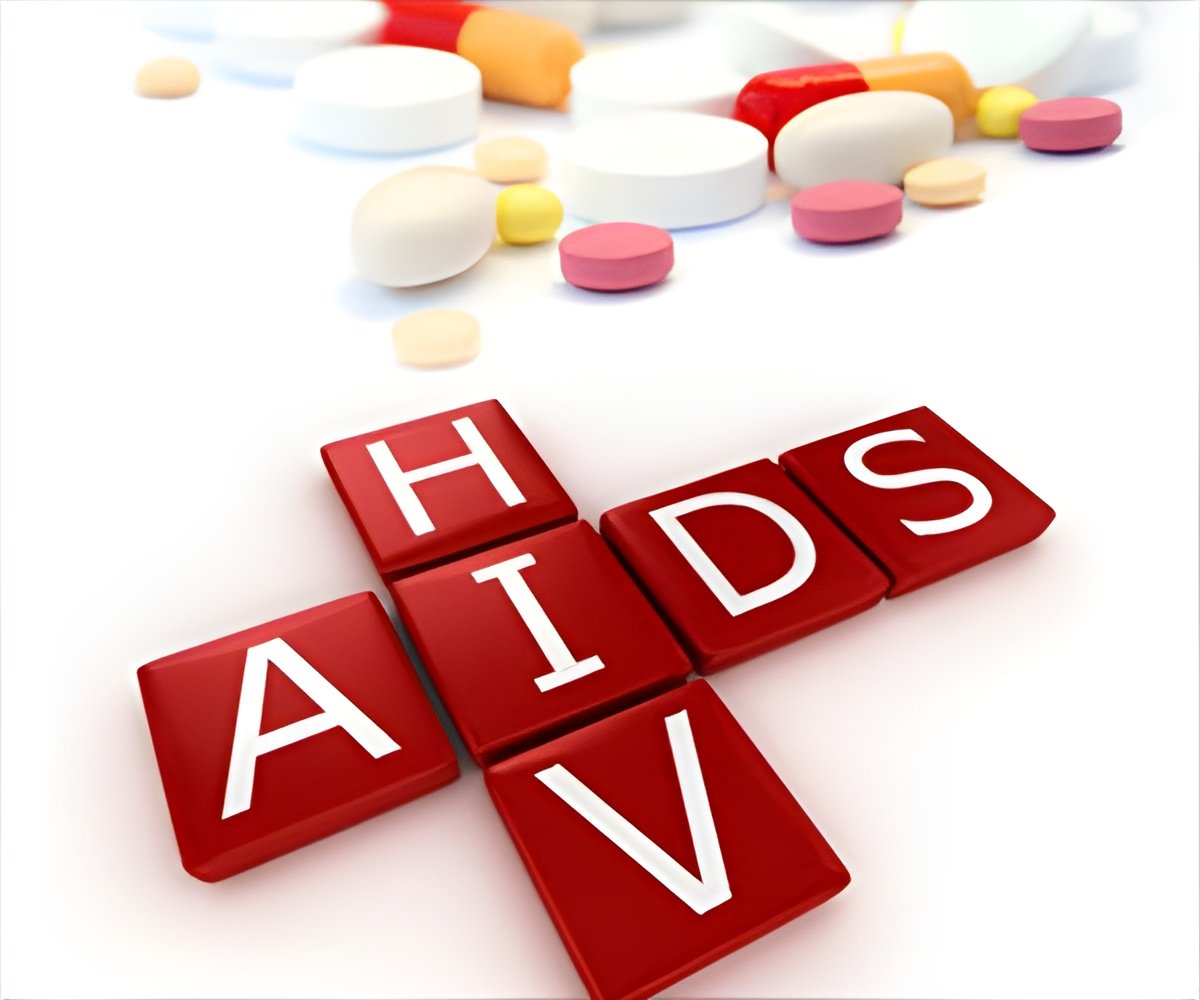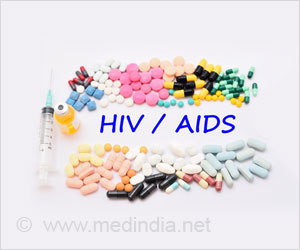A new study published in the journal Clinical Infectious Diseases reveals the need to promote health behaviors among sexually active youth who had been infected with HIV at birth.

The link between not following regimens for antiretroviral therapy (ART) medications — known as non-adherence—and risky sexual behaviors, already recognized among HIV-positive adults, is just now coming to light in adolescents as this cohort emerges from childhood. "Among youth, both non-adherence and sexual initiation may be expressions of independence or of the desire to feel accepted by peers," the authors noted. Successful interventions may account for adolescents' growing desire for independence by encouraging medication adherence, disclosure, and condom use as behaviors that will protect the health of their sexual partners as well as their own.
Early action by clinicians can help prepare these youth to make choices that reduce risk to themselves and to their partners. A critical step is informing youth of their HIV status. In this study, 18 percent of the participants were unaware they were HIV-positive at the time they started sexual activity. Clinicians and families should ensure that young people with HIV are informed of their HIV status prior to or during early adolescence, according to current guidelines for disclosure of HIV infection to children and adolescents.
Researchers found that among sexually active youth with high viral load (> 5,000 copies/ml), 81 percent had drug-resistant virus. This raises the possibility of resistant virus being transmitted to sexual partners and also limits treatment options for infected youth. Author George R. Seage III, DSc, MPH, also of the Harvard School of Public Health, believes that one critical step in encouraging optimal adherence may be informing young people "that ART can dramatically reduce the likelihood of sexual transmission of HIV."
Although the three-pronged message—safer sex practices, disclosure of HIV status to sexual partners, and adherence to ART regimens—is not new, targeted and innovative intervention strategies are needed to reach this important group of adolescents and reinforce healthy behaviors, the team of authors concluded.
Advertisement















